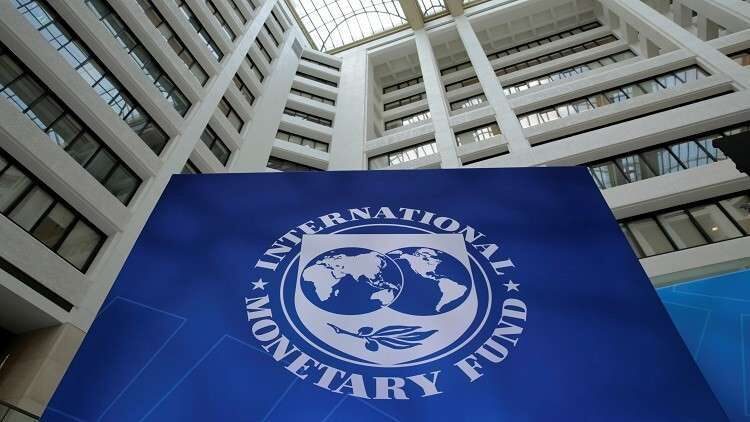Africa’s private sector has contributed to only 3% of the sums required to finance climate action while the states bear the rest of the cost, said Mahmoud Mohieldin, UN Climate Change High-Level Champion for Egypt, citing data from the Global Center on Adaptation (GCA).
During a special luncheon meeting hosted by the American Chamber of Commerce in Egypt (AmCham Egypt) on September 12, the climate champion noted the importance of meeting at least the $100 billion pledge during the Copenhagen conference to finance climate projects in developing countries.
“We need to ensure that commitments and pledges will turn into implementable projects,” he said. In his speech, Mohieldin highlighted a number of priorities related to climate action that should be put into consideration in the upcoming period including adopting a comprehensive and integrated approach that addresses the climate crisis within the framework of the 17 Sustainable Development Goals (SDGs).
Climate finance and SDGs
Joint work between the public and private sectors is necessary to achieve SDGs, including climate targets, Mohieldin said. He explained that COP27 will use the 17 SDGs to address climate action using the “two-beds, one stone” method by creating green projects that serve both development and climate targets. Mohieldin also asserted the necessity of linking the public budgets of states to development and climate action.
“Scaling up private sector participation in financing and implementing climate projects is vital to fund climate action and nurture technical capabilities,” he added.
The climate champion stressed the need to activate new sources of finance, investment and long-term finance and reduce dependence on borrowing. He stated that 62% of the financing for climate action is through borrowing.
Developing countries in Africa are in need of big amounts to finance climate projects, achieve development and fulfill their nationally determined contributions (NDCs), which are pledges submitted by countries under the Paris Agreement of the United Nations Framework Convention on Climate Change (UNFCCC), Mohiedin said. This is why using innovative finance instruments, and activating environmental, social, and governance (ESG) bonds to finance adaptation measures, besides drawing and implementing debt reduction strategies is crucial, he noted.
“Africa faces sustainable investment crises,” Mohieldin said, explaining that countries are scheduled to repay $64 billion in debt repayments in 2022, a sum which is twice the amount available as bilateral aid,” he noted in a separate statement last month.
Twenty million people are at risk of extreme poverty if Africa’s 16 riskiest countries fall into debt distress. Mohieldin added that 59% of African countries are bankrupt or at high risk of debt distress and around 41% of African countries received a downgraded credit rating during the pandemic, in comparison with only 6% in advanced economies.
He referred to the necessity of a proper policy framework to manage innovative finance instruments including debt swaps, saying that its use depends on defining mechanisms for financial transactions and the objective of its use in projects that serve the development goals of the state.
Smart and green projects national initiative
Last month, Egypt launched a National Initiative for Smart Green Projects in all governorates under the supervision of the Planning and Economic Development Ministry.
 The initiative tackles climate action at the grassroots level, Mohieldin explained, encouraging private sector participation via judgeship and mentorship of young local talents.
The initiative tackles climate action at the grassroots level, Mohieldin explained, encouraging private sector participation via judgeship and mentorship of young local talents.
According to a statement released on September 12, the projects will be chosen in six categories: big/mega companies, medium companies, small local projects (related to the Decent Life Initiative), start-ups, women-led projects, and non-profit community development projects.
He added that a total of 4786 projects have been submitted, as of September 11, noting that the governorates of Qalyubia and Assiut are among the five major governorates that compete with a number of projects in this initiative.
The upcoming climate summit will give priority to the agriculture, food, water and energy sectors, as several sessions are devoted to discussing a number of practical solutions to support those sectors through private and public projects and investments, he noted.







